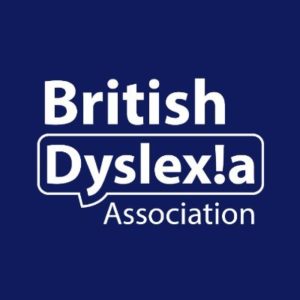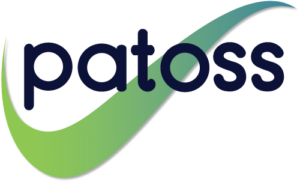How to explain to a child that the difficulties they are experiencing are due to a learning difference.
People with dyslexia can find things like reading, writing or remembering things tricky.
Dyslexia is a learning difference which primarily affects reading and writing skills. However, it does not only affect these skills. Dyslexia is actually about information processing. Dyslexic people may have difficulty processing and remembering information they see and hear, which can affect learning and the acquisition of literacy skills. Dyslexia can also impact on other areas such as organisational skills.
It is important to remember that there are positives to thinking differently. Many dyslexic people show strengths in areas such as reasoning and in visual and creative fields.
Definition of dyslexia
The BDA has adopted the Rose (2009) definition of dyslexia:
Dyslexia is a learning difficulty that primarily affects the skills involved in accurate and fluent word reading and spelling. Characteristic features of dyslexia are difficulties in phonological awareness, verbal memory and verbal processing speed. Dyslexia occurs across the range of intellectual abilities. It is best thought of as a continuum, not a distinct category, and there are no clear cut-off points. Co-occurring difficulties may be seen in aspects of language, motor co-ordination, mental calculation, concentration and personal organisation, but these are not, by themselves, markers of dyslexia. A good indication of the severity and persistence of dyslexic difficulties can be gained by examining how the individual responds or has responded to well-founded intervention.

Dyslexia has nothing to do with how clever you are. There are good things that come with dyslexia!
So what is Dyslexia ? Click here to find out more
Parents Guide for Dyslexia ages 7-11 years
A Learning Toolkit is a handy kit of resources children can use in the classroom to support their learning – click here for toolkit ideas

